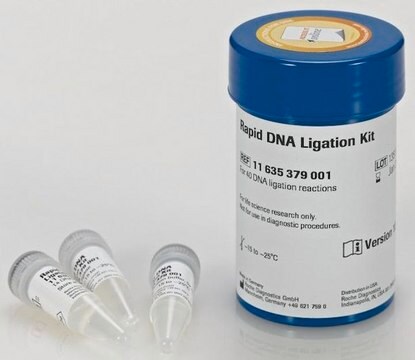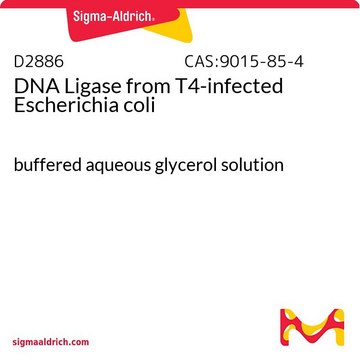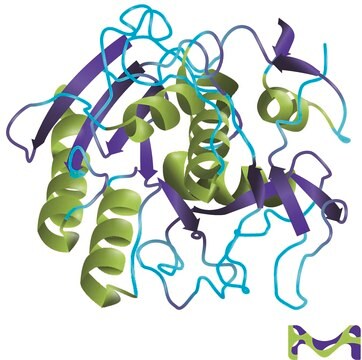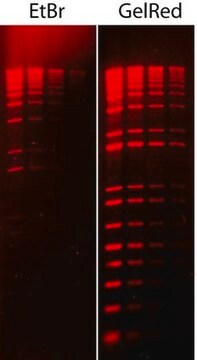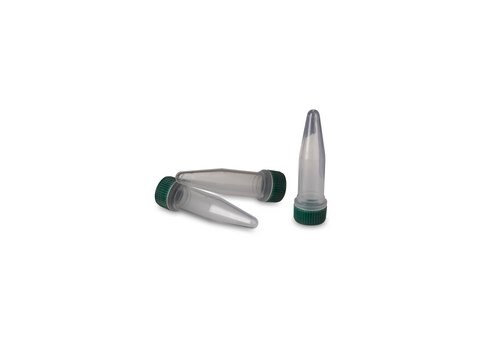LIG2
QuickLink™ DNA Ligation Kit
joins blunt-end and sticky-end DNA fragments
Synonym(e):
DNA Ligation Kit, Ligation Kit
About This Item
Empfohlene Produkte
Qualität
for molecular biology
Qualitätsniveau
Form
liquid
Verwendung
kit sufficient for 50 ligation reactions
Methode(n)
molecular cloning: suitable
Versandbedingung
dry ice
Lagertemp.
−70°C
Allgemeine Beschreibung
Anwendung
- Joining blunt or cohesive-end fragments of DNA into a cloning vector
- Recircularization of linear DNA
- Formation of concatamers
- dsDNA nick repair
Leistungsmerkmale und Vorteile
- Fast 5 minutes ligation
- High ligation efficiency
- Room temperature reactions – no cooling required
- Perform bacterial transformation with the reaction mixture
Komponenten
- 500uL 2X Ligation Buffer A (L9537)
- 100uL 5X Ligation Buffer B (L9662)
- 250 units T4 DNA Ligase (D2886) in 50% glycerol with 10 mM Tris-HCl (pH 7.5) 50 mM KCl, and 1 mM DTT
Prinzip
Rechtliche Hinweise
Lagerklassenschlüssel
10 - Combustible liquids
Flammpunkt (°F)
Not applicable
Flammpunkt (°C)
Not applicable
Analysenzertifikate (COA)
Suchen Sie nach Analysenzertifikate (COA), indem Sie die Lot-/Chargennummer des Produkts eingeben. Lot- und Chargennummern sind auf dem Produktetikett hinter den Wörtern ‘Lot’ oder ‘Batch’ (Lot oder Charge) zu finden.
Besitzen Sie dieses Produkt bereits?
In der Dokumentenbibliothek finden Sie die Dokumentation zu den Produkten, die Sie kürzlich erworben haben.
Protokolle
T4 DNA ligase is used for the joining of DNA molecules with compatible cohesive (sticky) termini, joining of blunt ended double stranded DNA molecules
Unser Team von Wissenschaftlern verfügt über Erfahrung in allen Forschungsbereichen einschließlich Life Science, Materialwissenschaften, chemischer Synthese, Chromatographie, Analytik und vielen mehr..
Setzen Sie sich mit dem technischen Dienst in Verbindung.